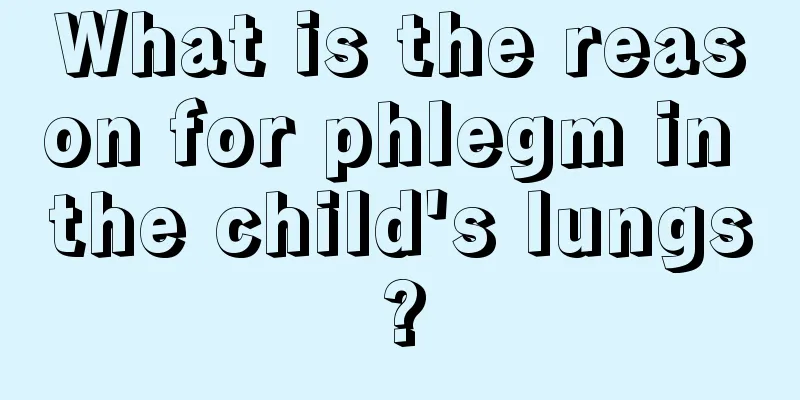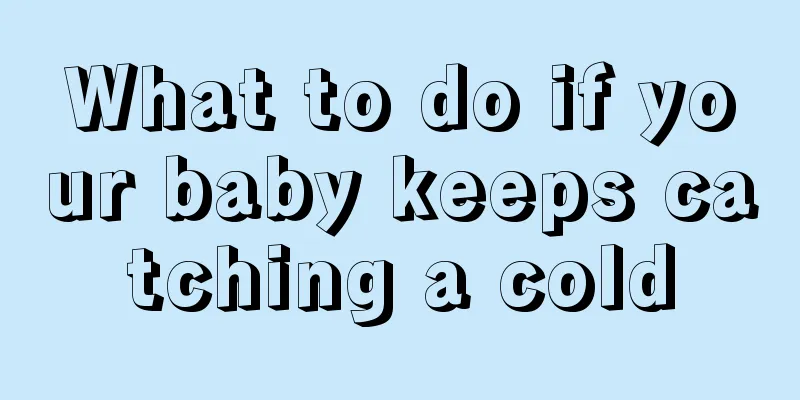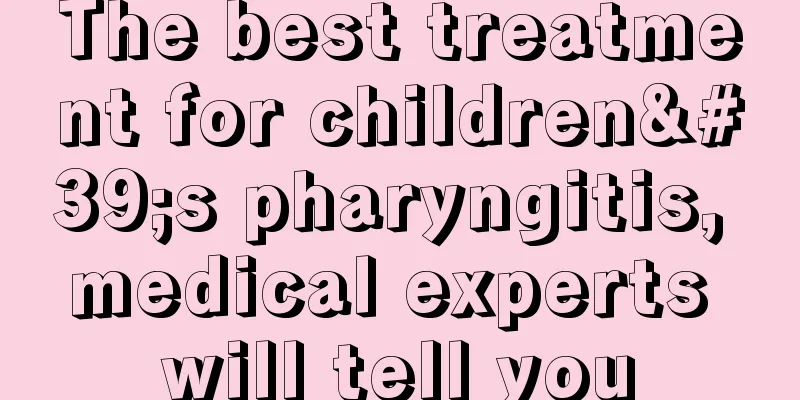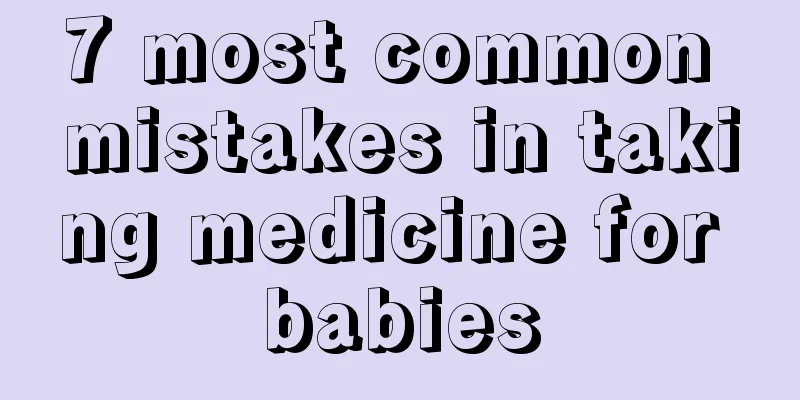What is the reason for phlegm in the child's lungs?

|
Phlegm in children's lungs is usually caused by colds and coughs. It is very uncomfortable and torturous for children. So, besides coughing, what other reasons can cause phlegm in children's lungs? How can we quickly help children stay away from the troubles of this disease? Let’s take a look below. Viral colds are the main culprits of coughs. Air pollution caused by dry cold, no snow, and heavy fog can seriously irritate children's respiratory tract. At Beijing Children's Hospital, after the winter begins, the hospital needs to receive more than 5,000 children every day, of which 60% to 70% suffer from upper respiratory tract infections. Symptoms include cough, runny nose, and nasal congestion. Some children have phlegm in their lungs, but they cannot cough it out by themselves. The phlegm accumulates in the lungs and becomes thick. Over time, the texture of the lungs will thicken, causing lower respiratory tract infections, usually bronchitis, and in severe cases it will turn into pneumonia. At this time, the viral infection merges into a bacterial infection, and the child's symptoms are fever and increased white blood cell count. If your child's cough persists for a week and medication is ineffective, you need to go to the hospital for an X-ray examination. But don't take your child to the hospital frequently. The doctor said that the most taboo thing when a child is sick is to take him to the hospital every day, as that will lead to cross infection. Don’t give your children antibiotics indiscriminately. Many parents become anxious when they see their children have a cold or cough, and they wish their children would recover immediately. So they gave their children the best medicine they could find, including antibiotics. The price of antibiotics has the characteristic of rising as the tide lifts all boats. Children who have only a minor cold will take top-level antibiotics, which will cause them to develop antibodies. When he caught a cold and cough again, no antibiotics worked. In addition, parents must insist on giving their children medication as directed by the doctor, because it takes some time for each medication to take effect. But anxious parents always hope that the medicine will cure the disease immediately. If they give their children one medicine and see if it doesn’t work, they will quickly switch to another one. The doctor said that this method of frequent dressing changes is not advisable. Do not give adult medicine to children. Many families have a home medicine cabinet that contains some common medicines for colds, coughs, etc. Some parents cannot find suitable children's cough medicine at the moment, so they give their children a small amount of adult cough medicine. However, some adult cough suppressants often contain ingredients that calm the central nervous system and are not suitable for children. In addition, adult drugs have not been tested for adverse reactions in children. Any toxic side effects that occur after children take the drugs will have lifelong effects on the children. Therefore, children with coughs should take children's special cough suppressants. In addition to taking medication on time, pediatric experts recommend that when children cough, parents should give their children more water and eat more fruits and vegetables containing vitamin C, such as tomatoes, cucumbers, tangerines, oranges, etc. Give your children less phlegm-producing foods such as oranges and meat. Other folk remedies for children’s coughs include rock sugar and pear water, and three-root soup (white radish root, coriander root, and cabbage root cooked together). The above methods are all very effective in treating phlegm in our children's lungs, and the reasons are clearly stated above. When our children have phlegm in their lungs, we parents must find the cause and treat it. Only by finding the root cause can we treat the disease of phlegm in children's lungs more quickly and effectively. |
<<: Why do newborns always sneeze?
>>: What is the development standard for babies over five months old?
Recommend
What to do if children have ringworm on their face
If a child has ringworm on his face, it will grea...
How many months does the baby learn to play?
Many parents have strong doubts about how many mo...
Why does my child have a fever and his face is swollen?
Nowadays, many children often suffer from fever a...
What to do if your one-year-old baby has bad breath
For example, some diseases in life are not only m...
Twitching in the middle of the night
I believe many people have had this experience: w...
Dietary principles to be followed by polio patients
There are several diseases that children are pron...
Child's pinky finger is bent
The physical development of children is something...
Hip dysplasia in babies
We all know that babies are in a stage of rapid g...
Is it poisonous when a child bites you?
In real life, some people are accidentally bitten...
What should I do if my baby has a fever?
Many babies are the apple of their parents’ eyes....
What is the reason for the red pimples on the child's body?
Once a child develops a skin disease, it always g...
The child suddenly has leg pain and cannot walk
Many parents have reported that their children ha...
How to deal with green poop in a baby over three months old
It is a common phenomenon for babies to have gree...
What to do if your child has a bad stomach
Children with poor gastrointestinal function ofte...
Two-year-old baby has tooth decay
Food is chewed by teeth, which breaks it down int...









